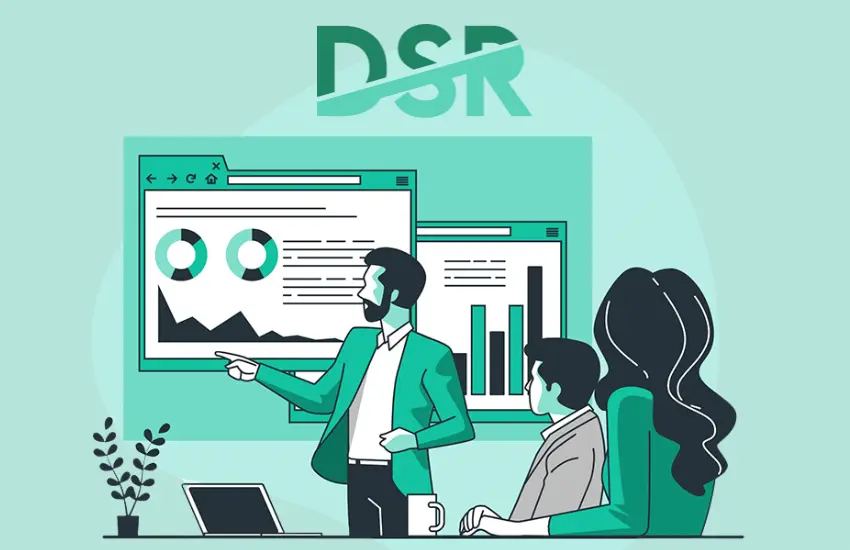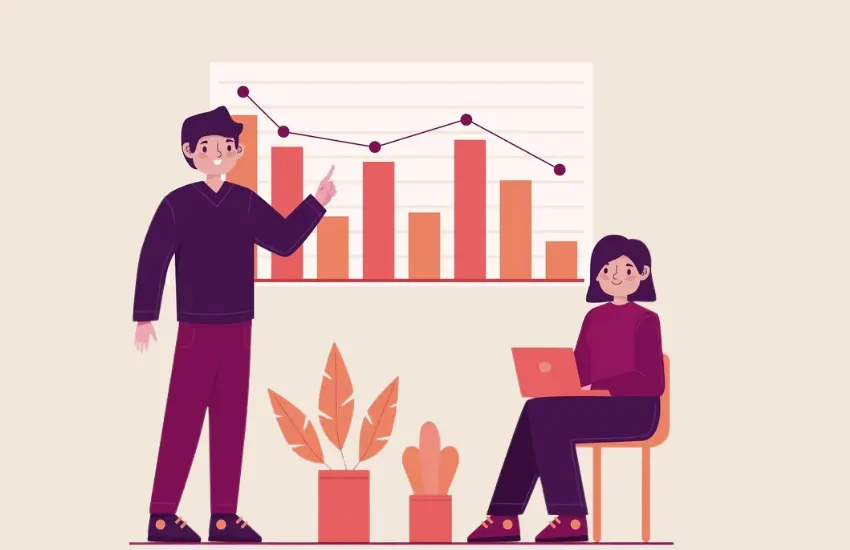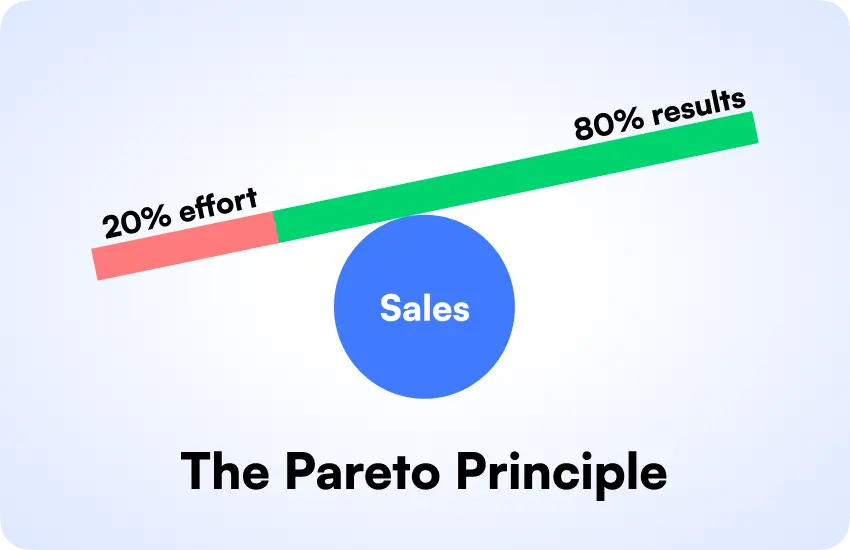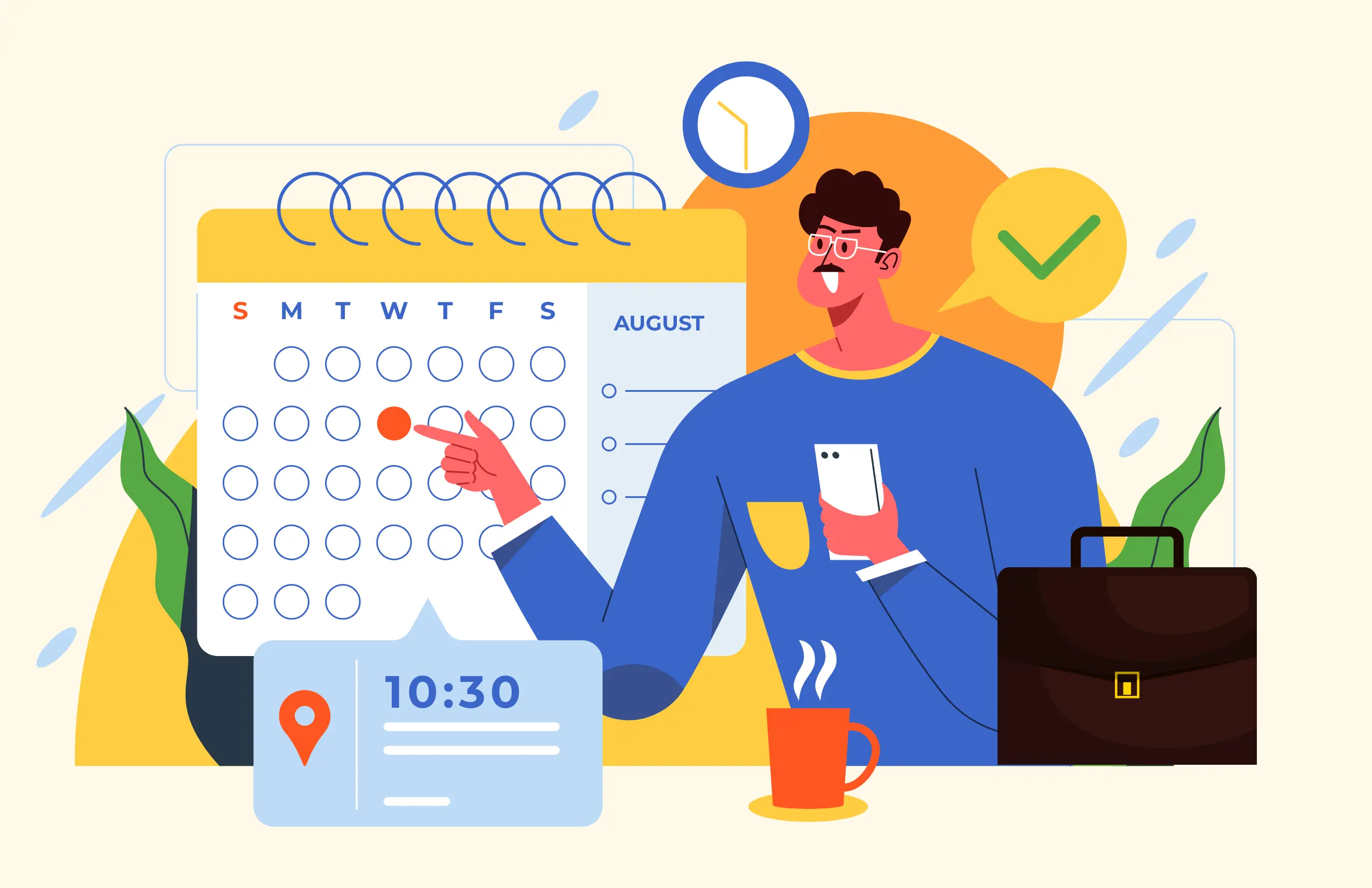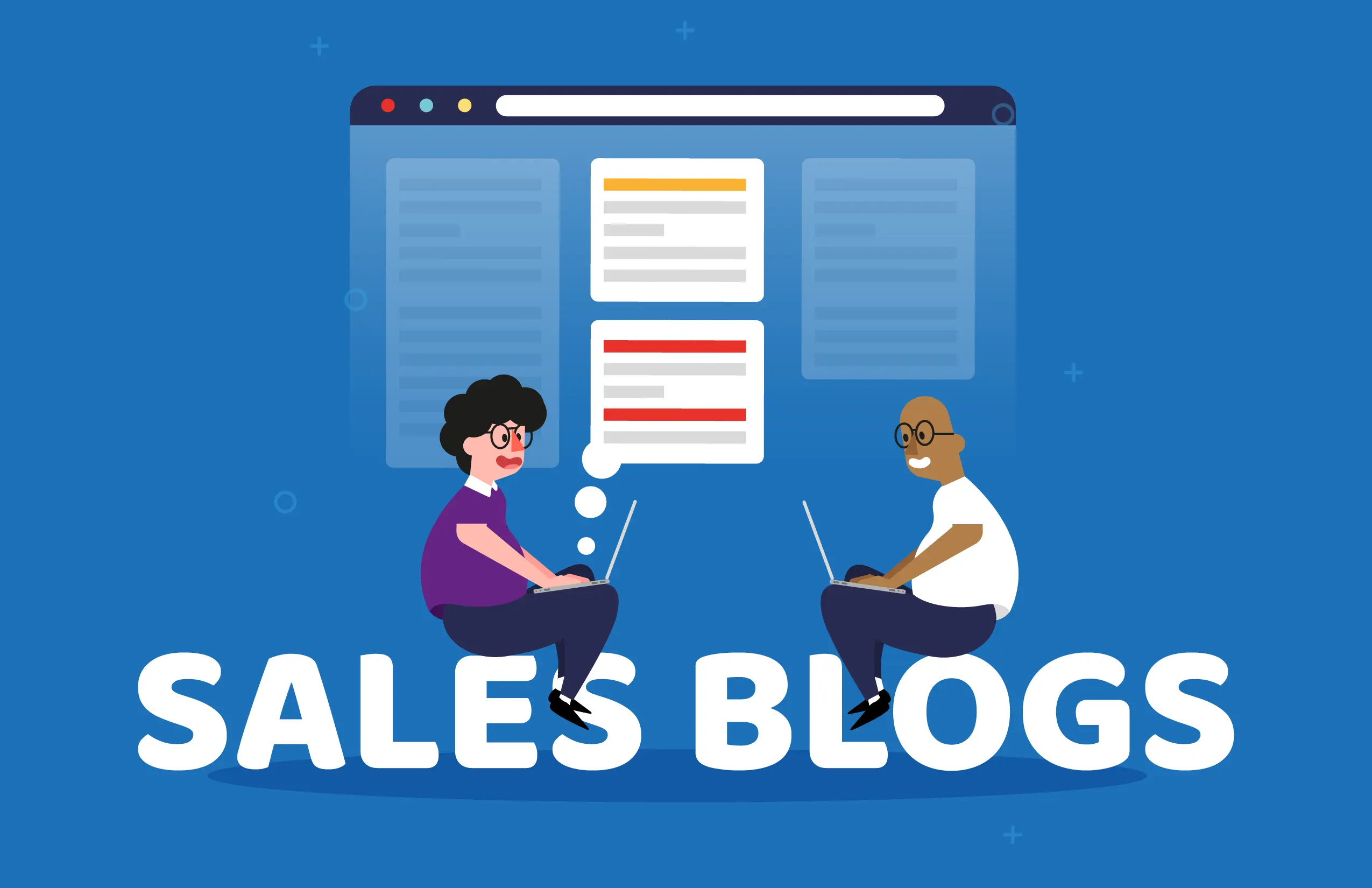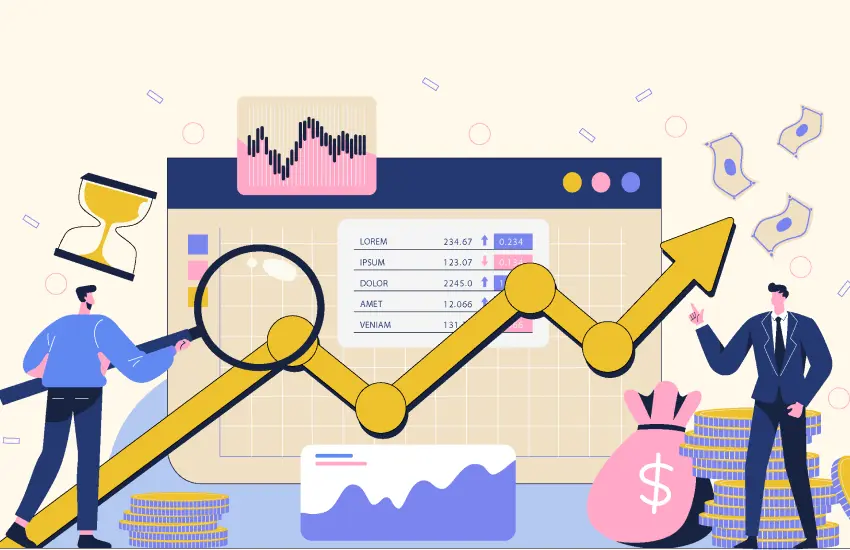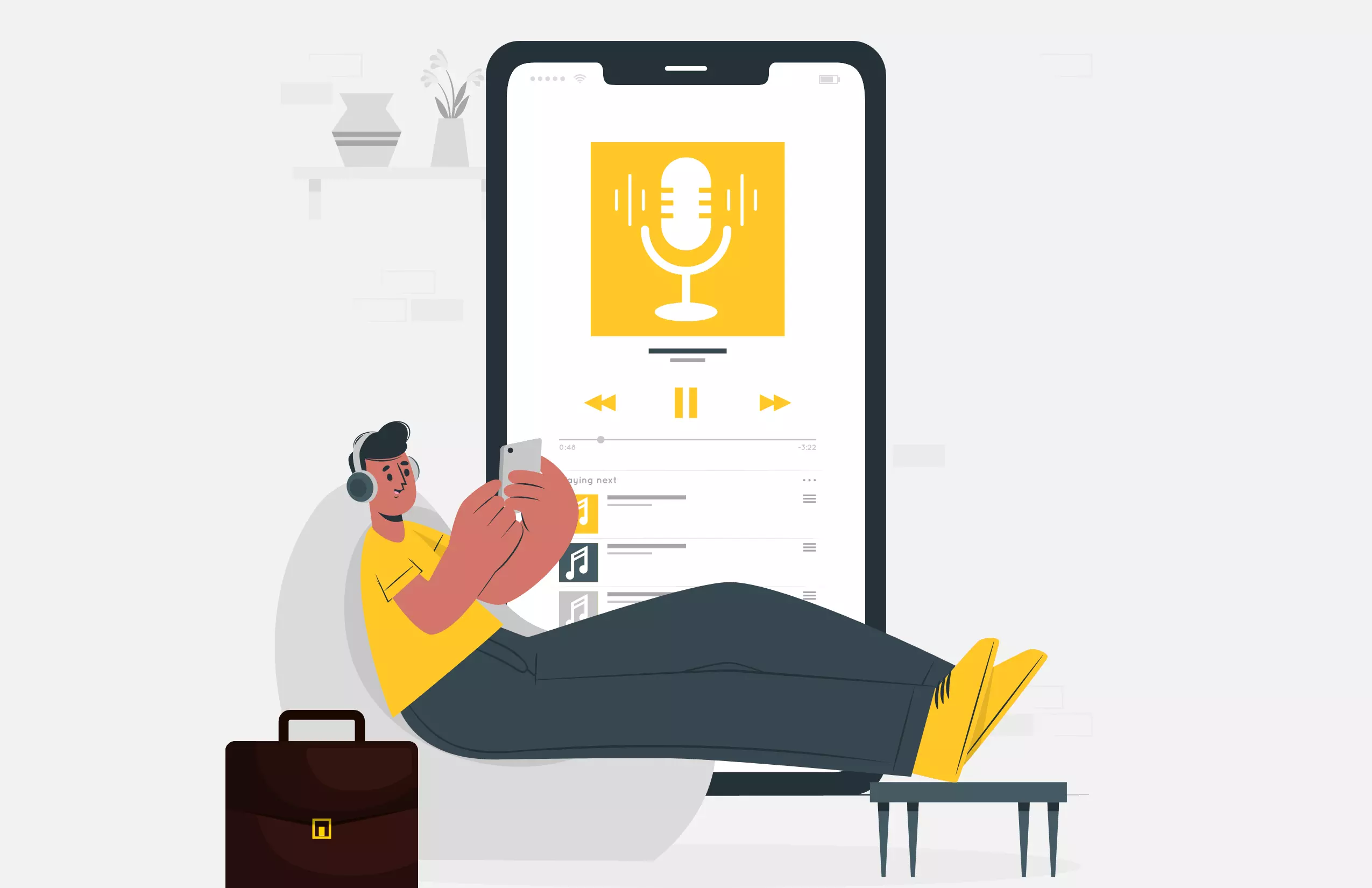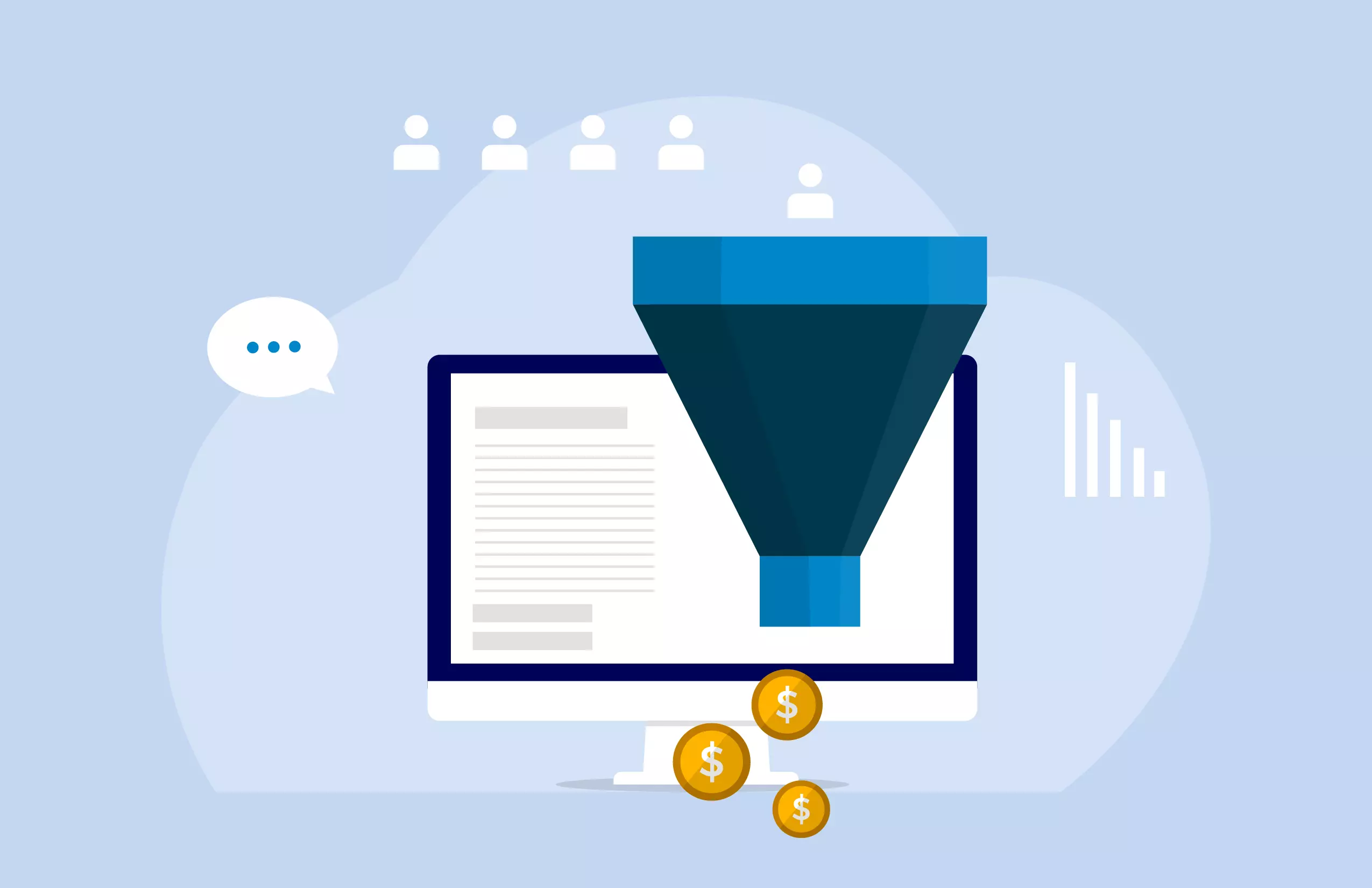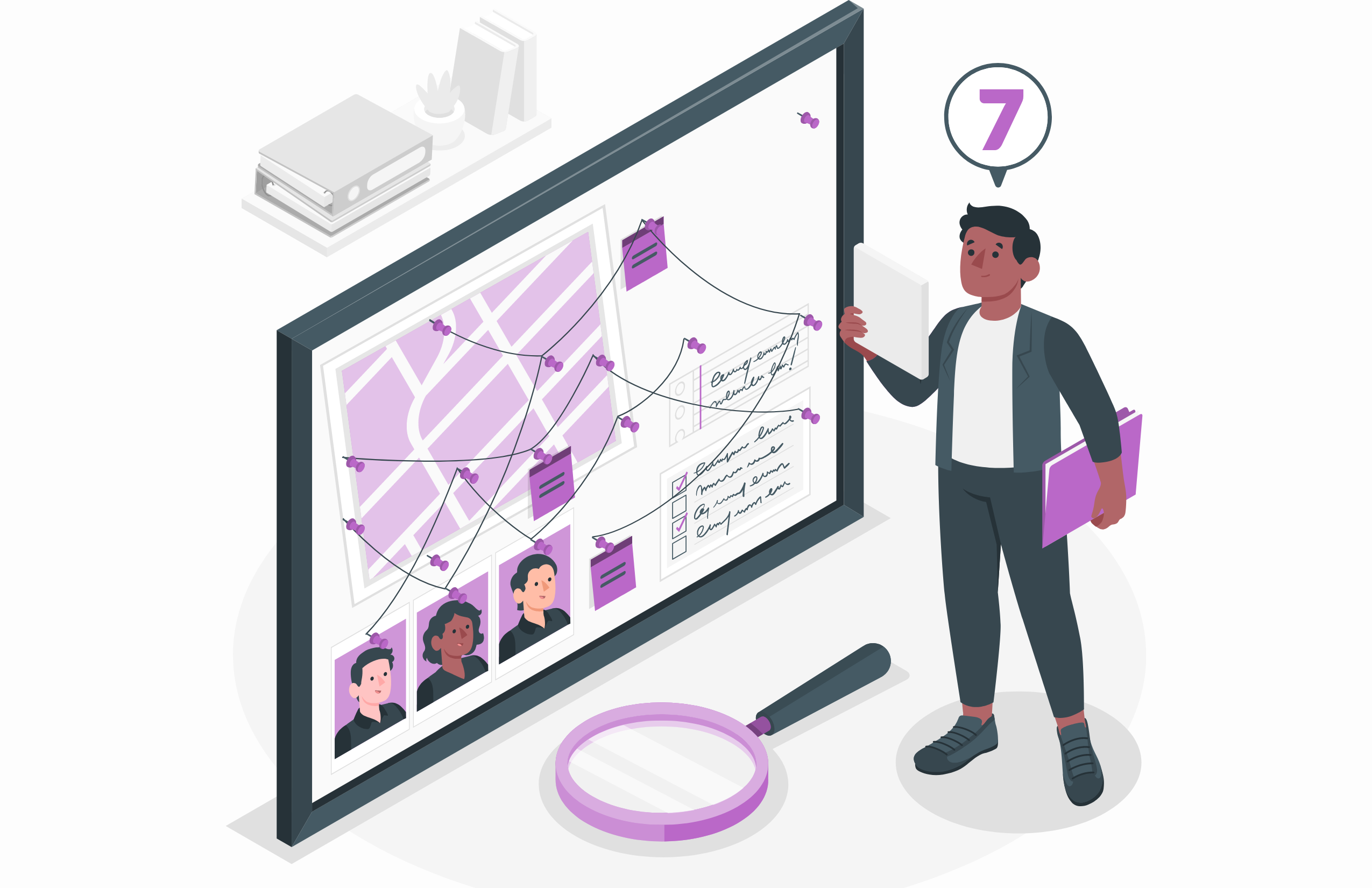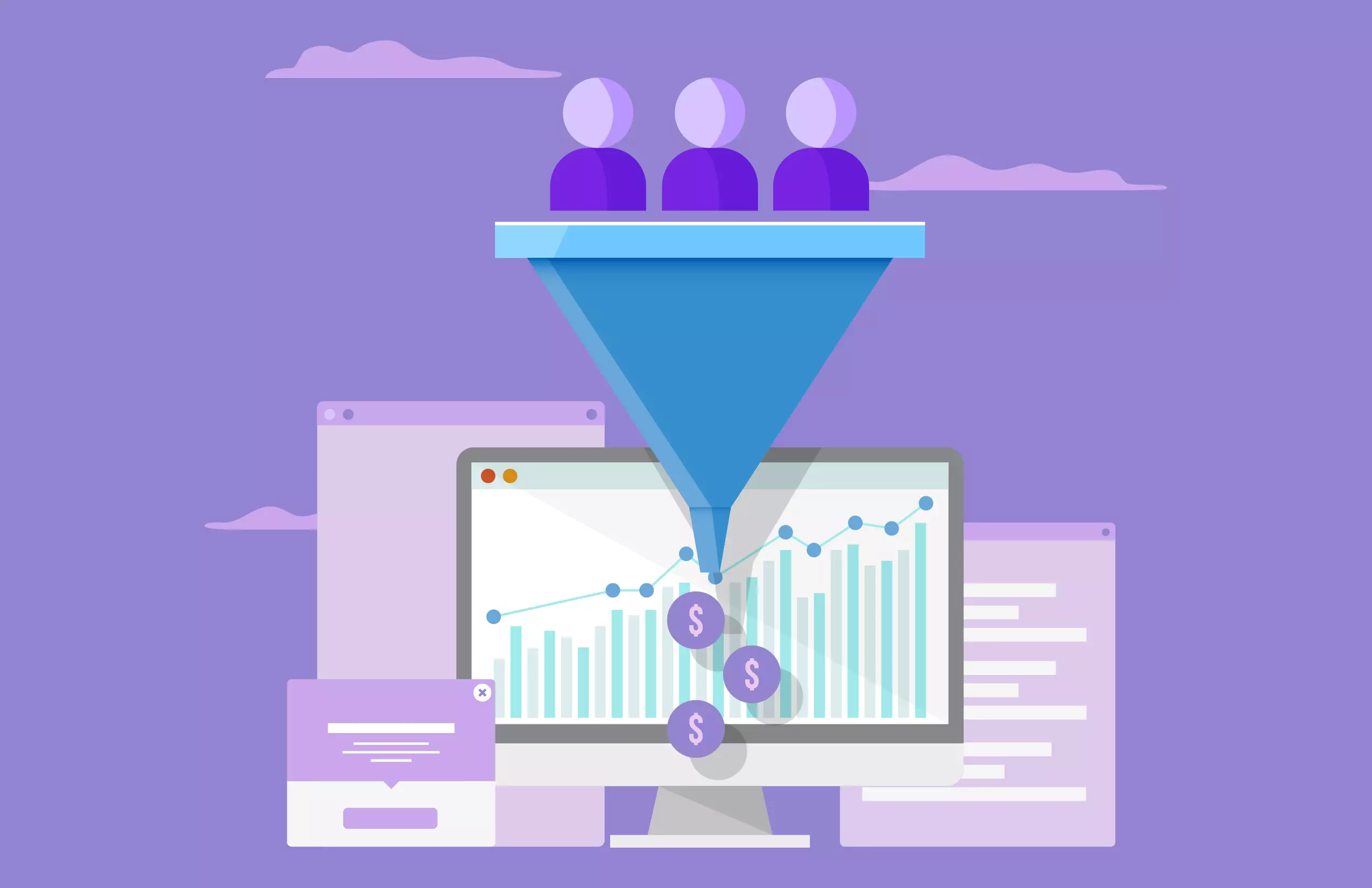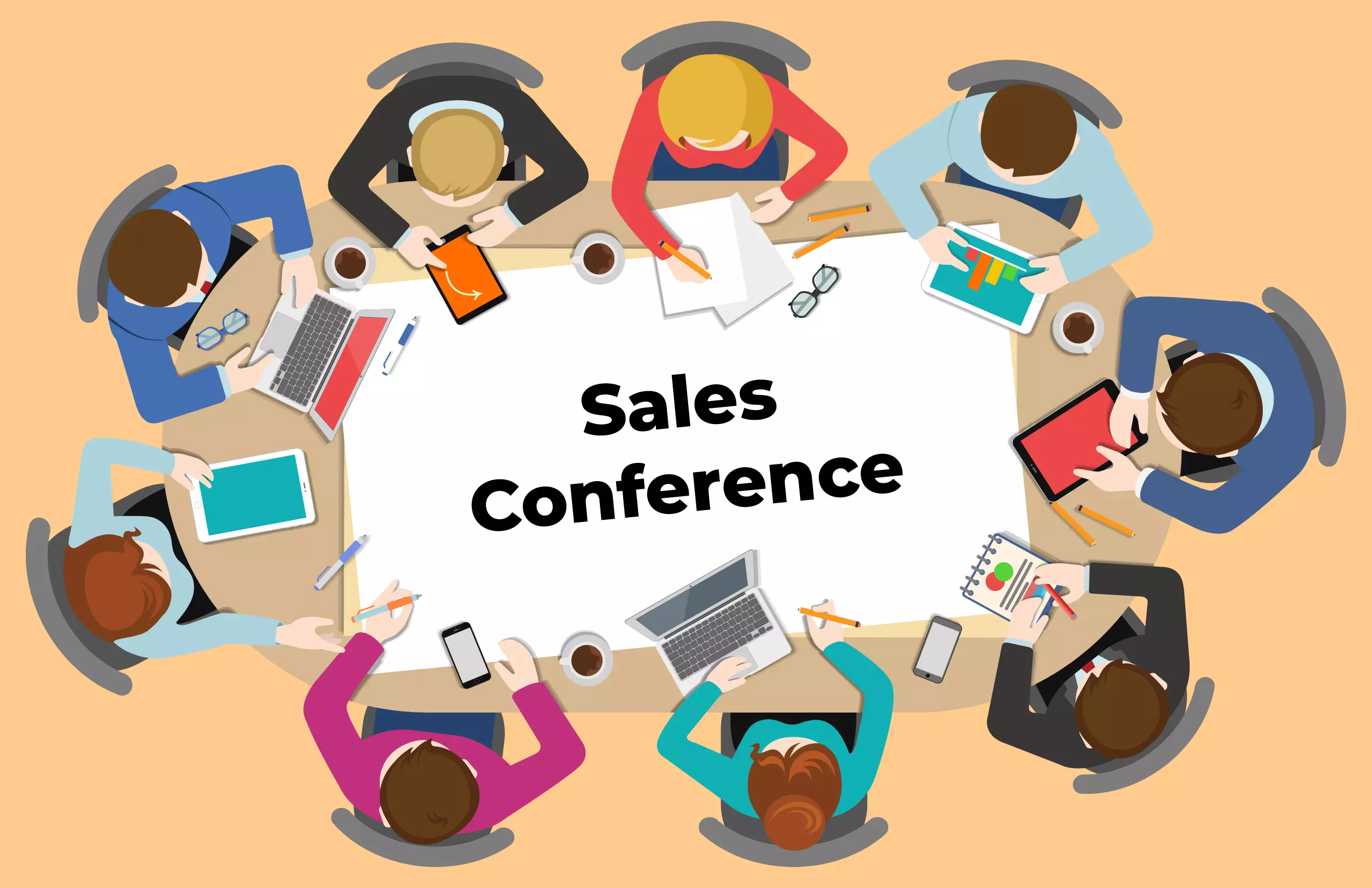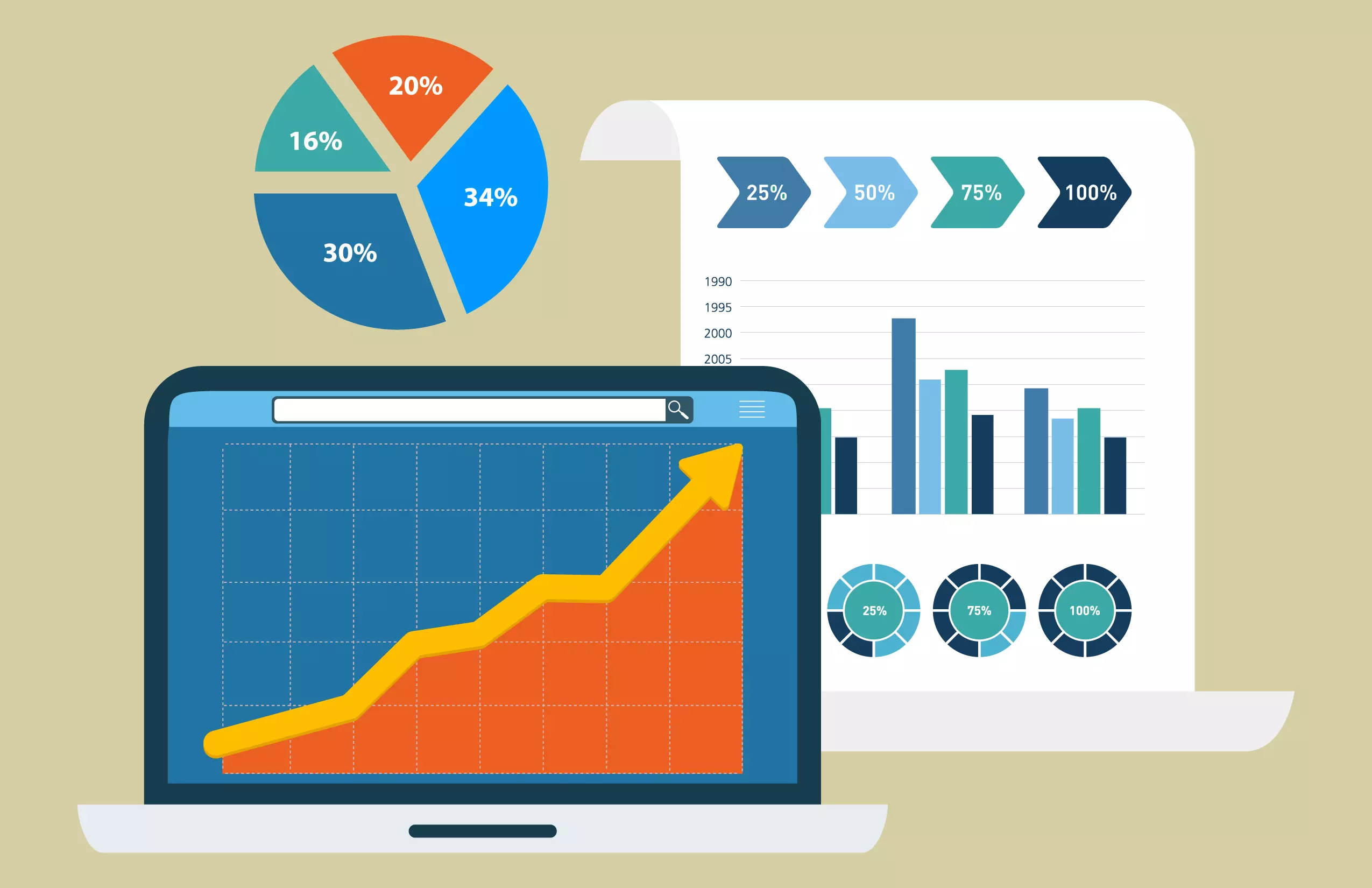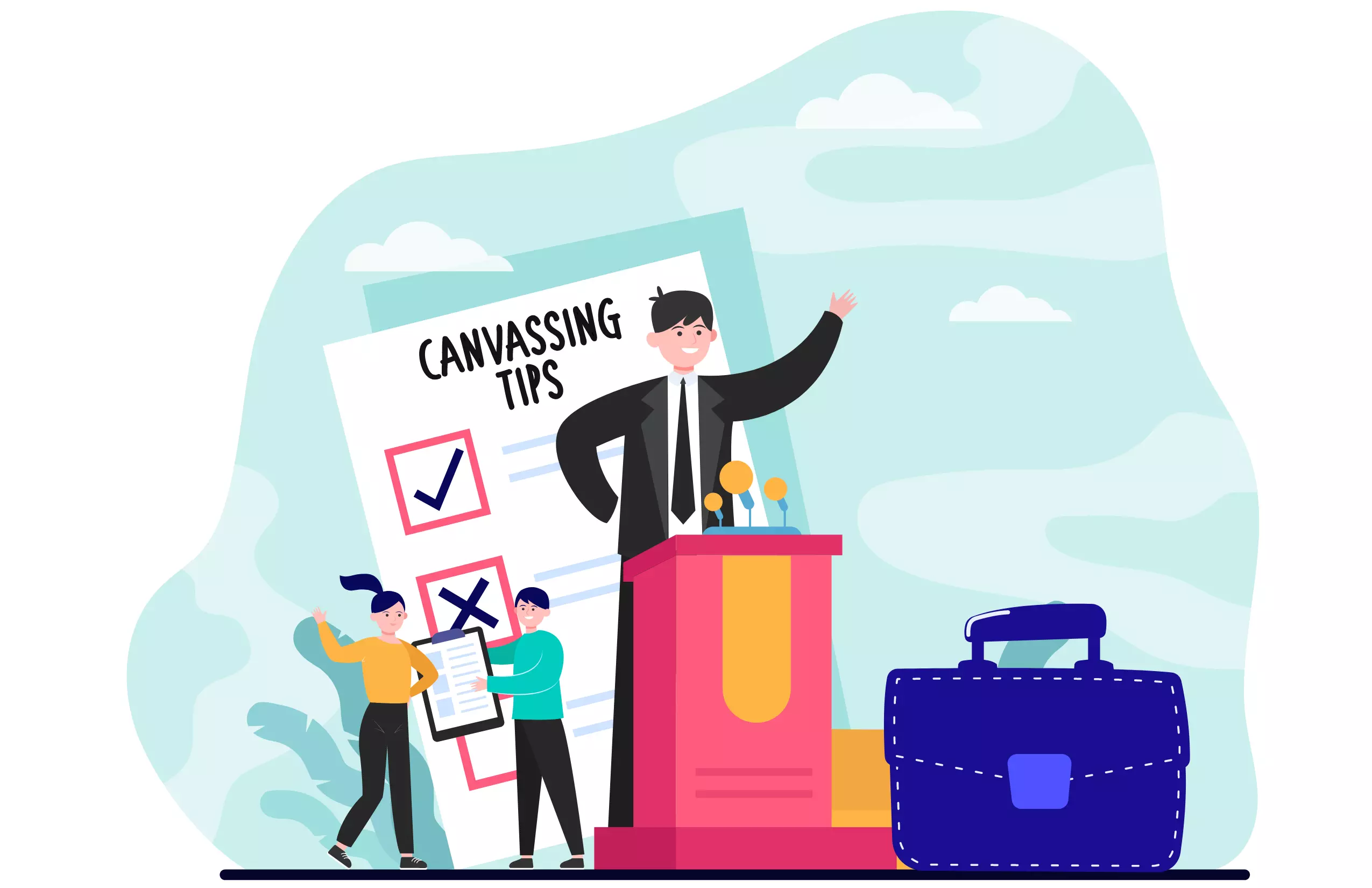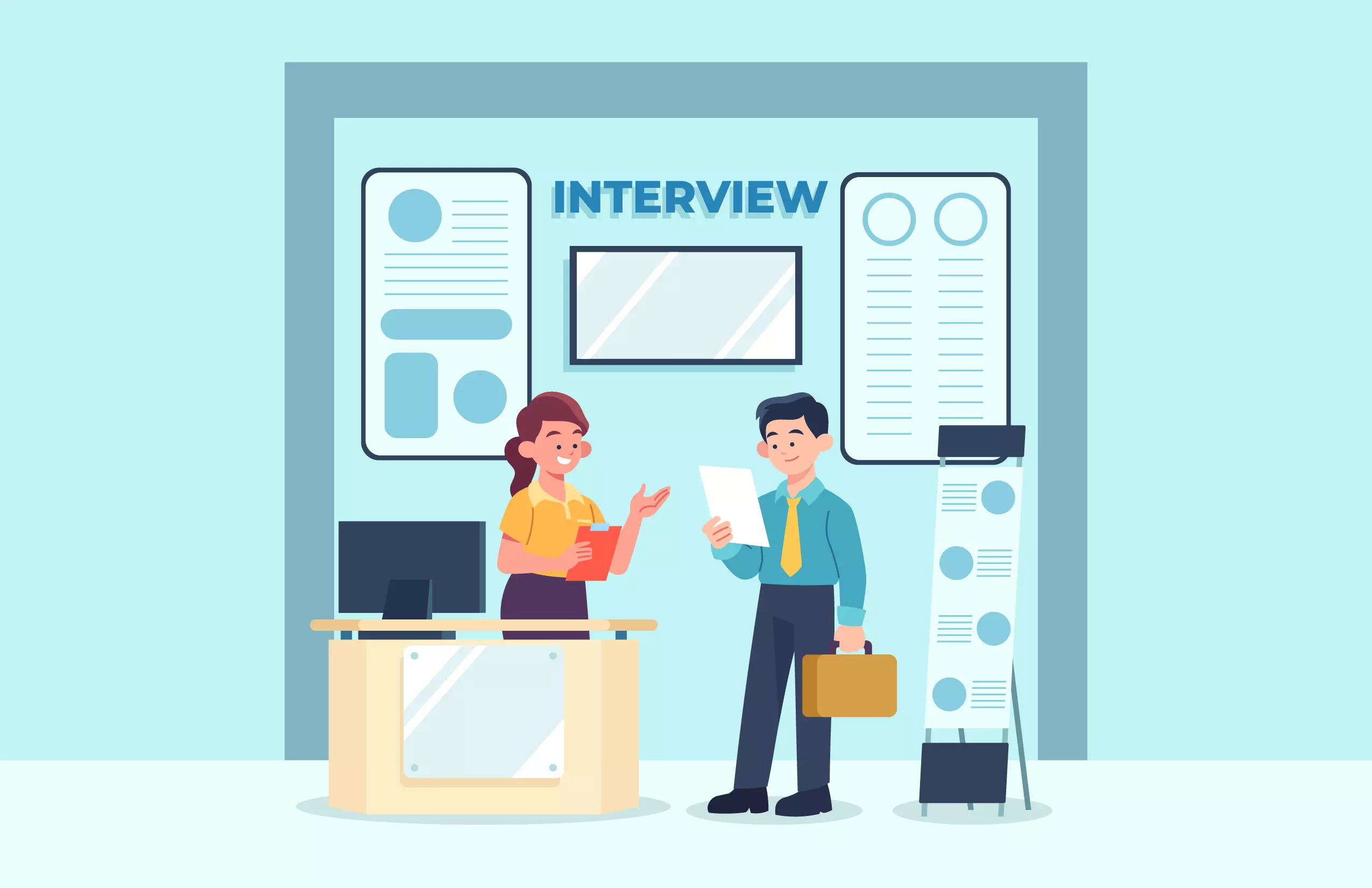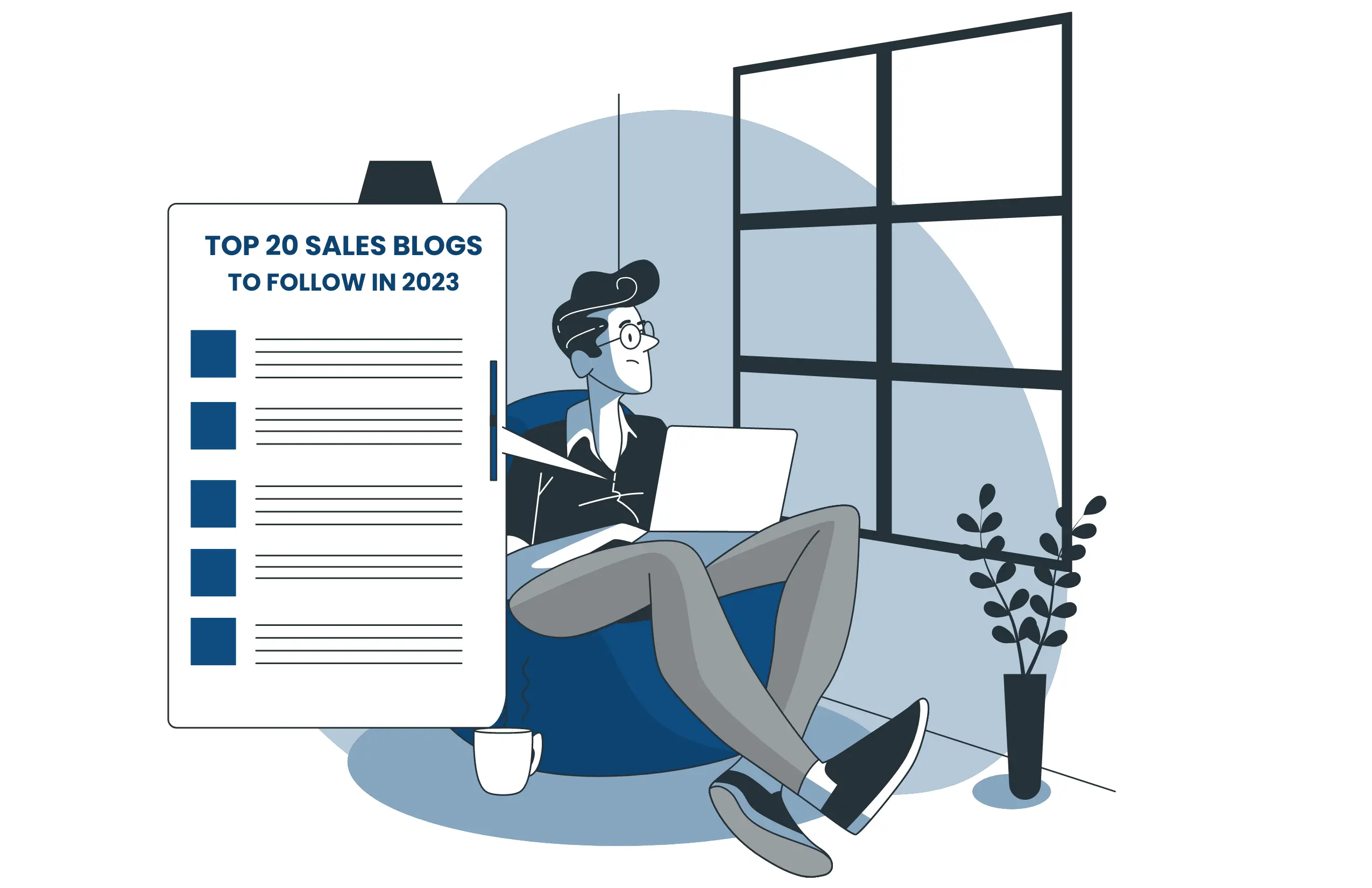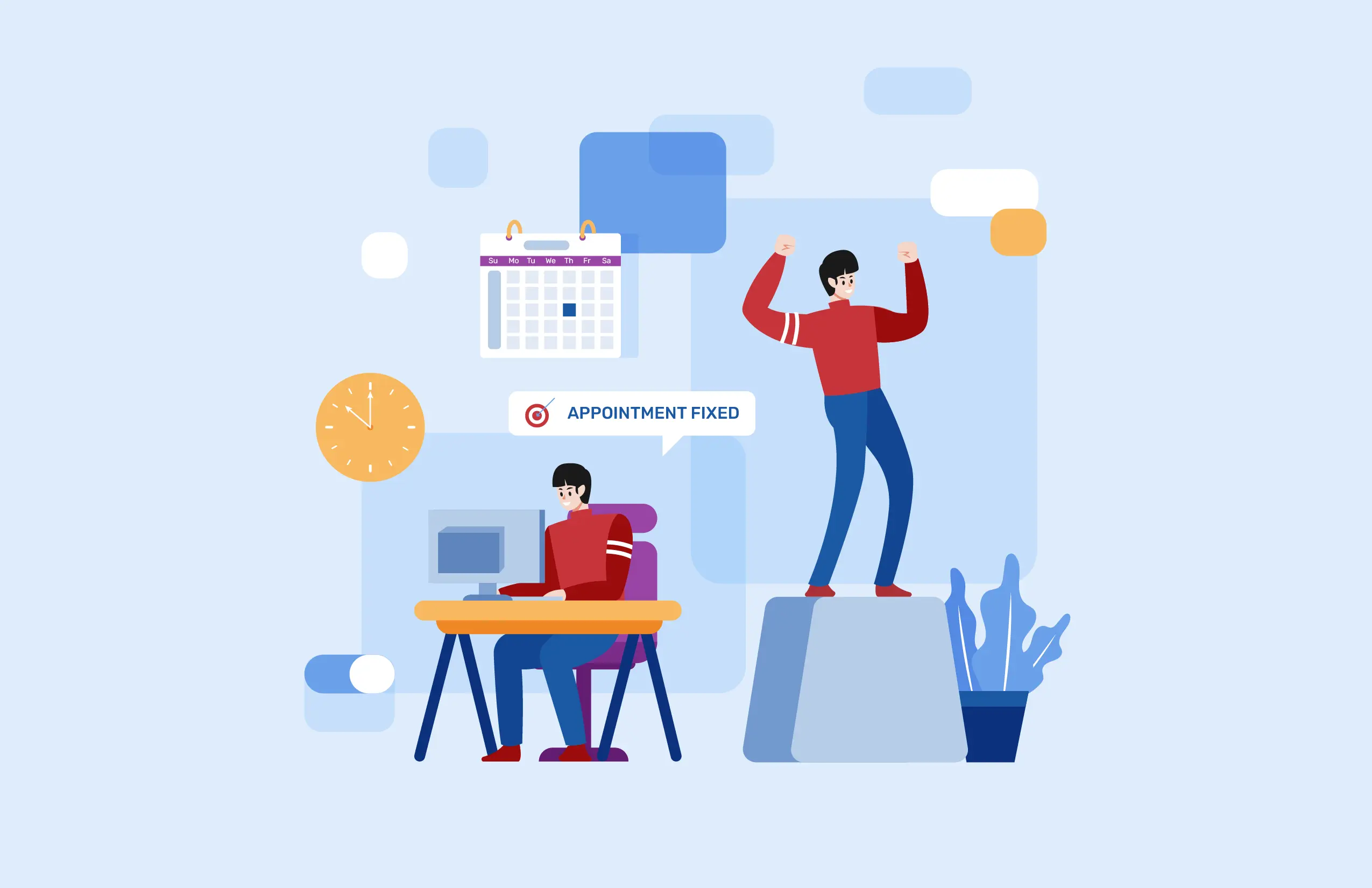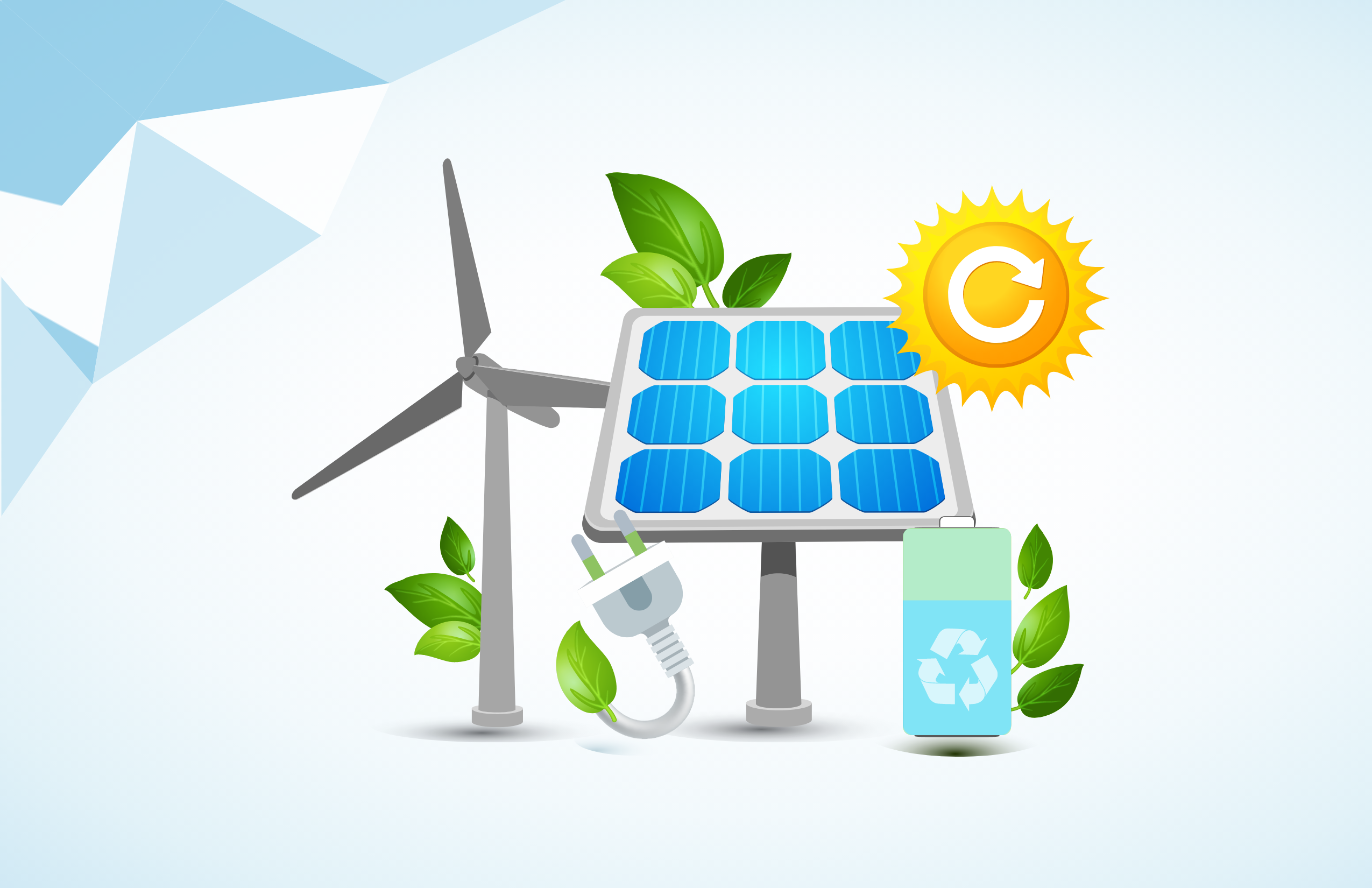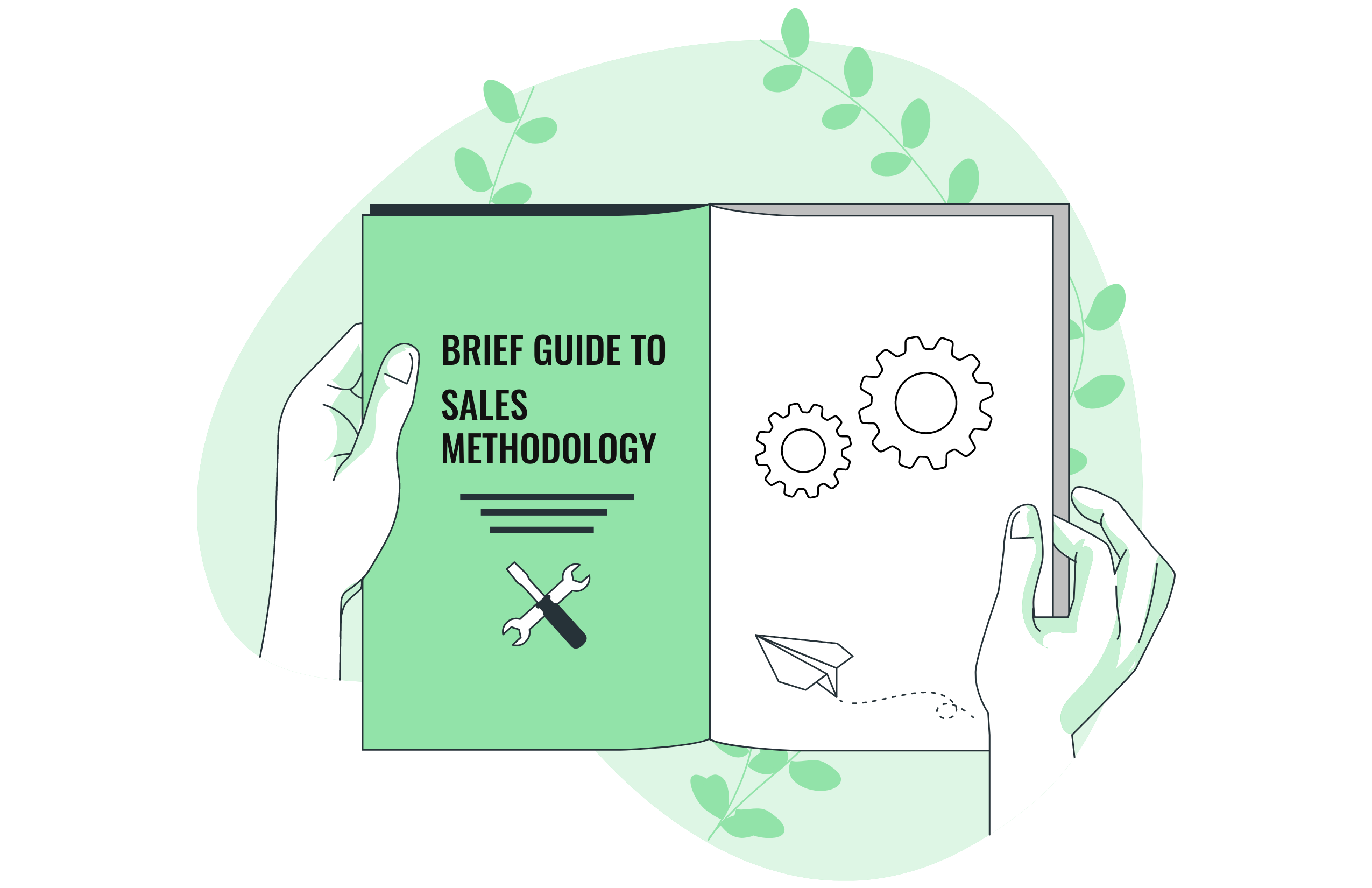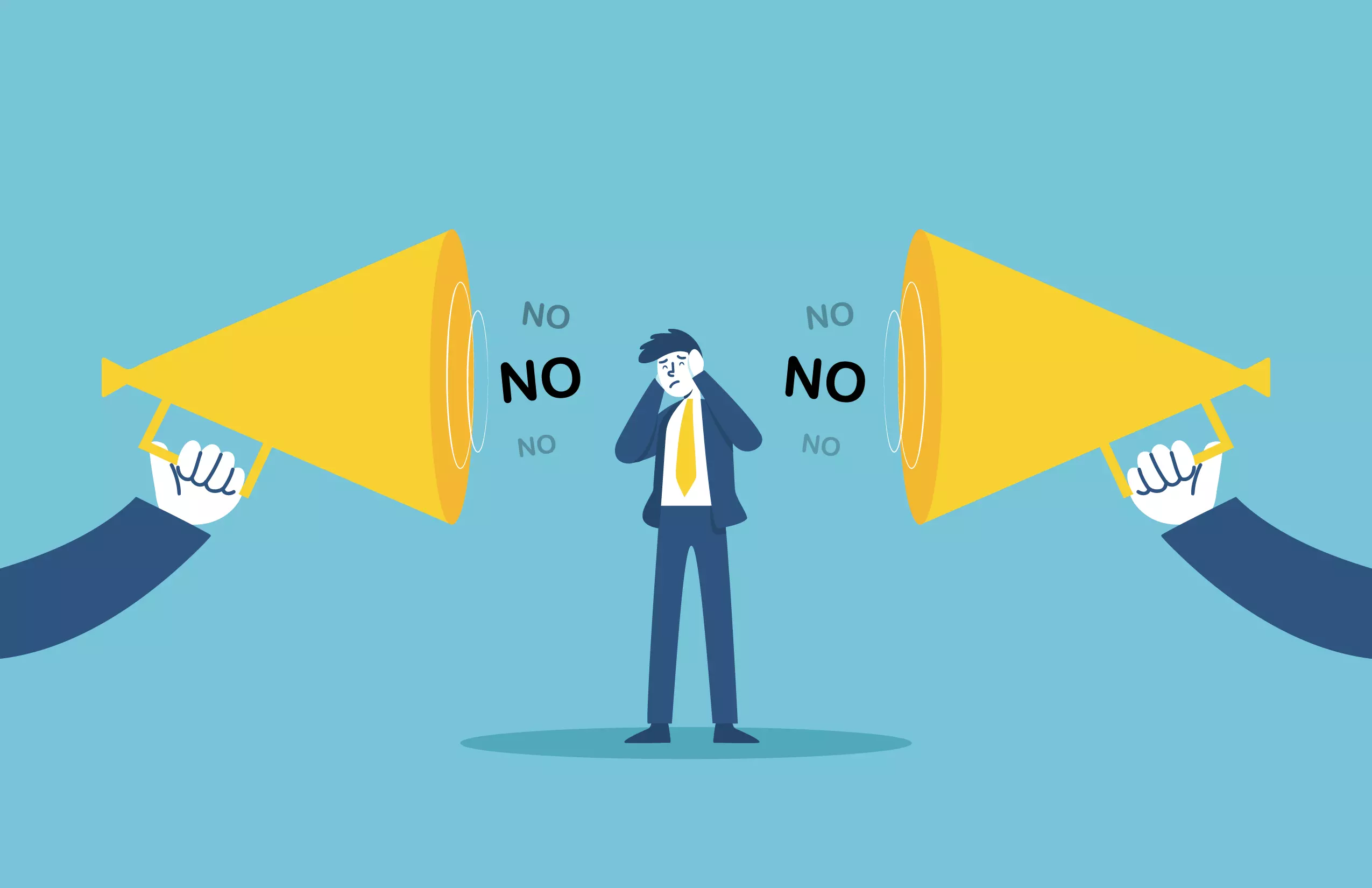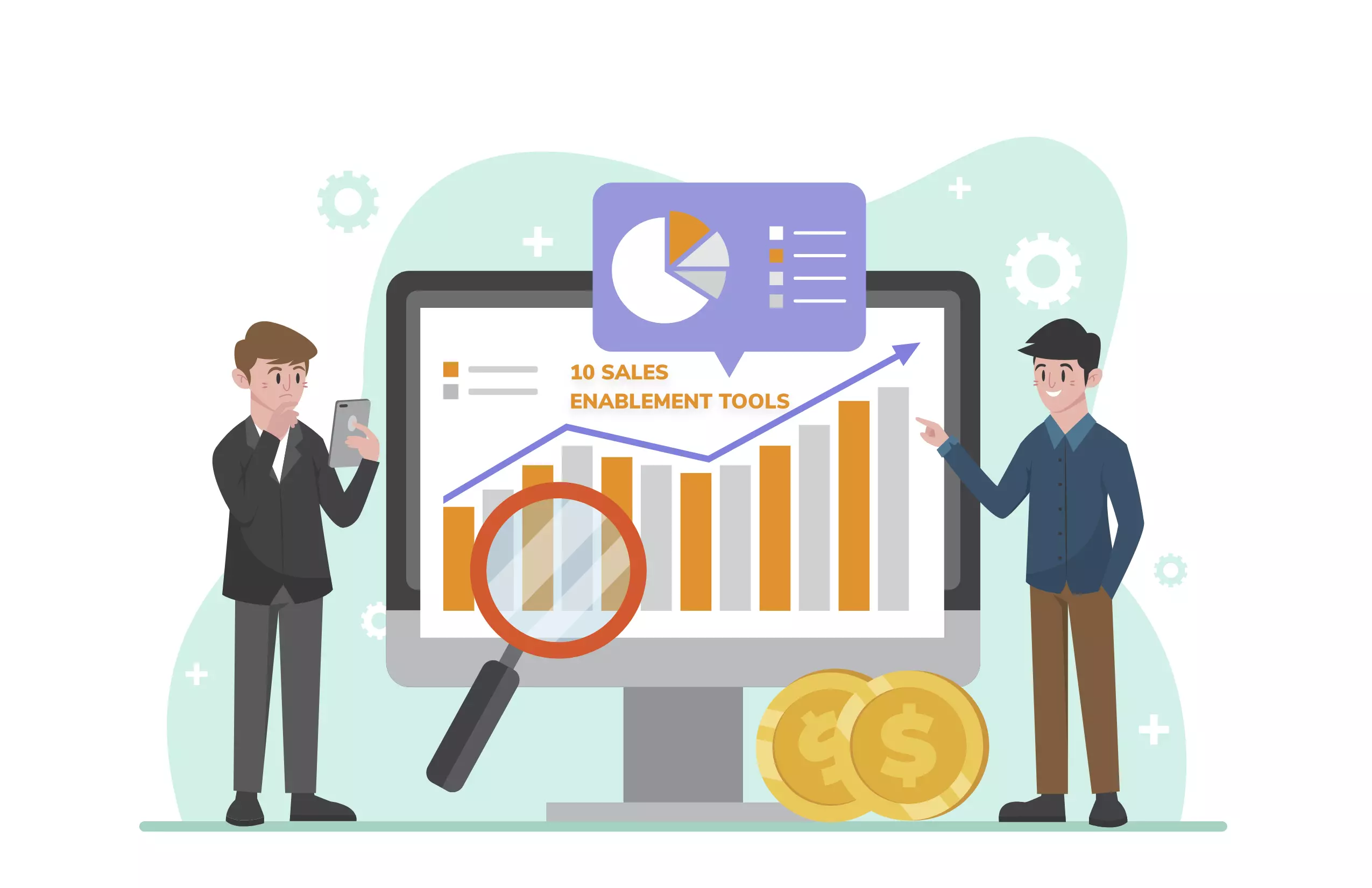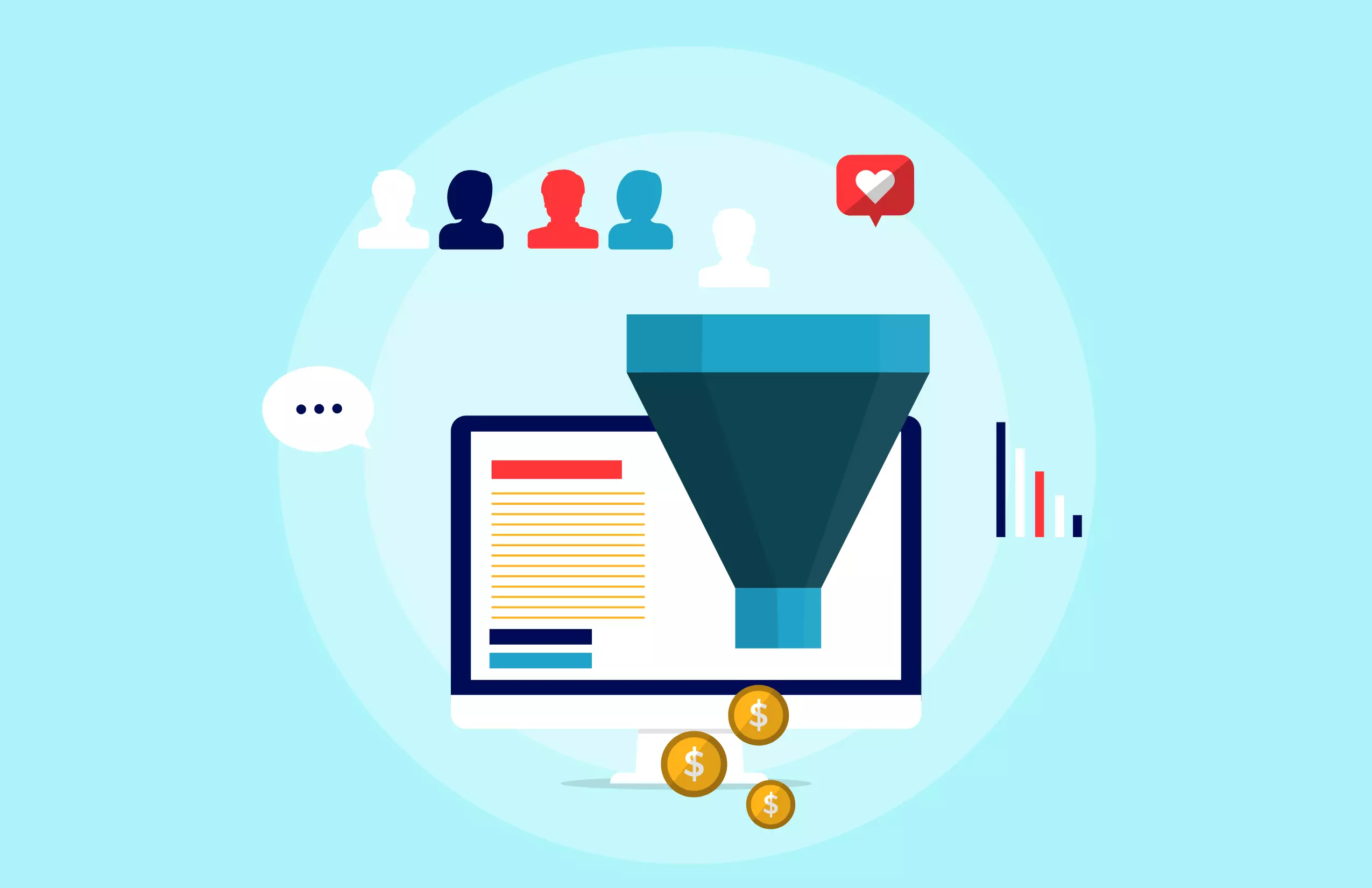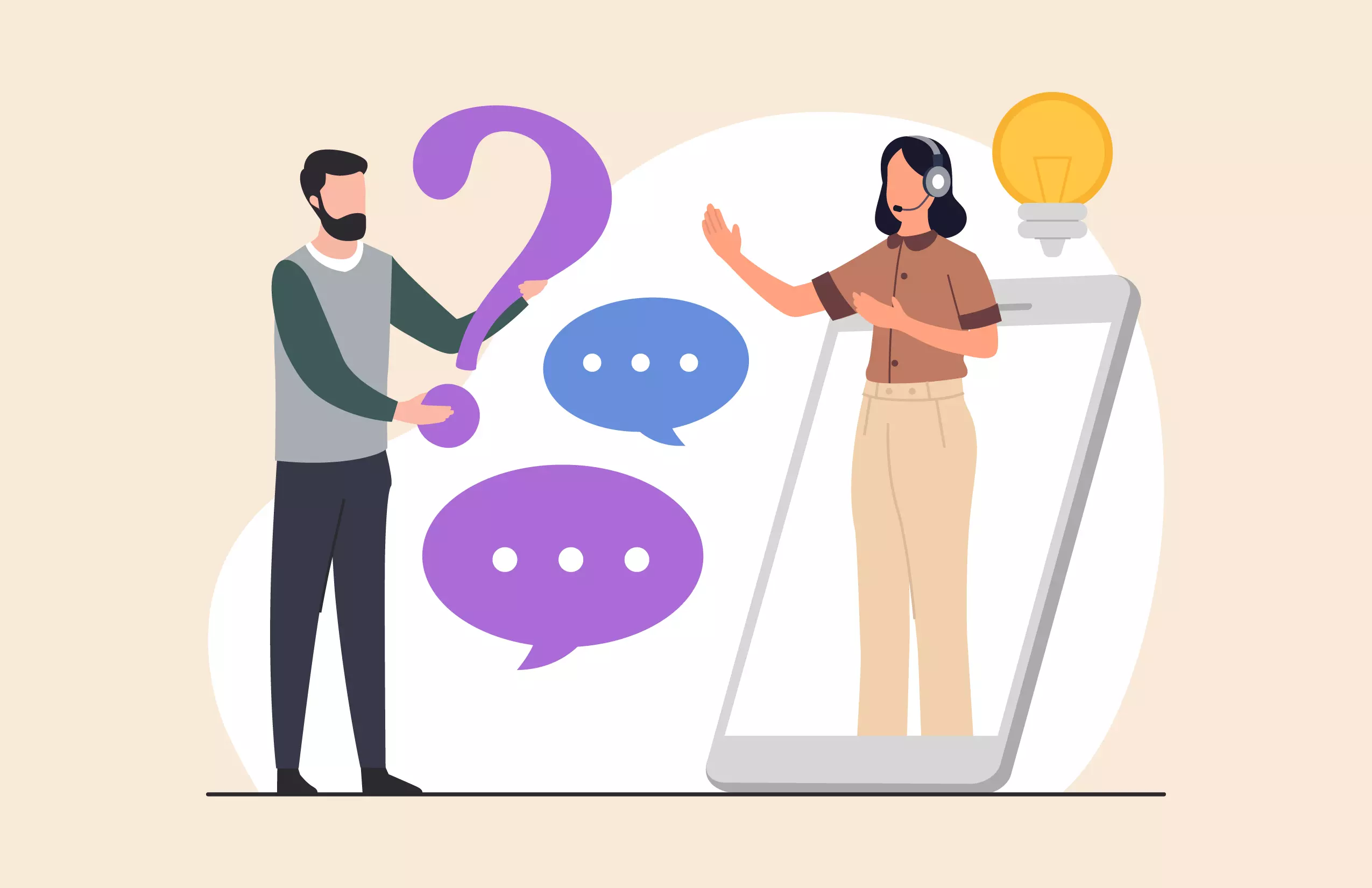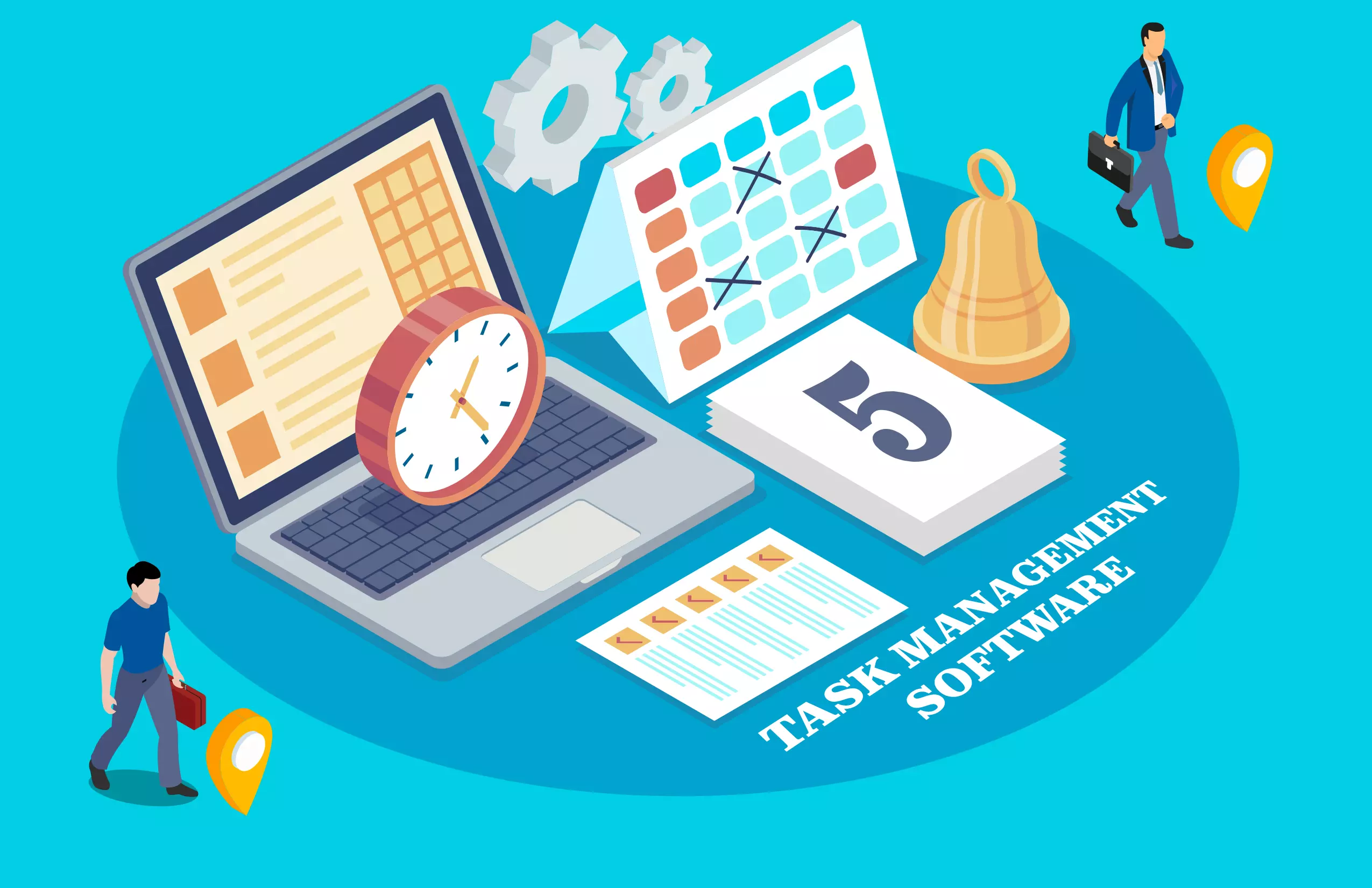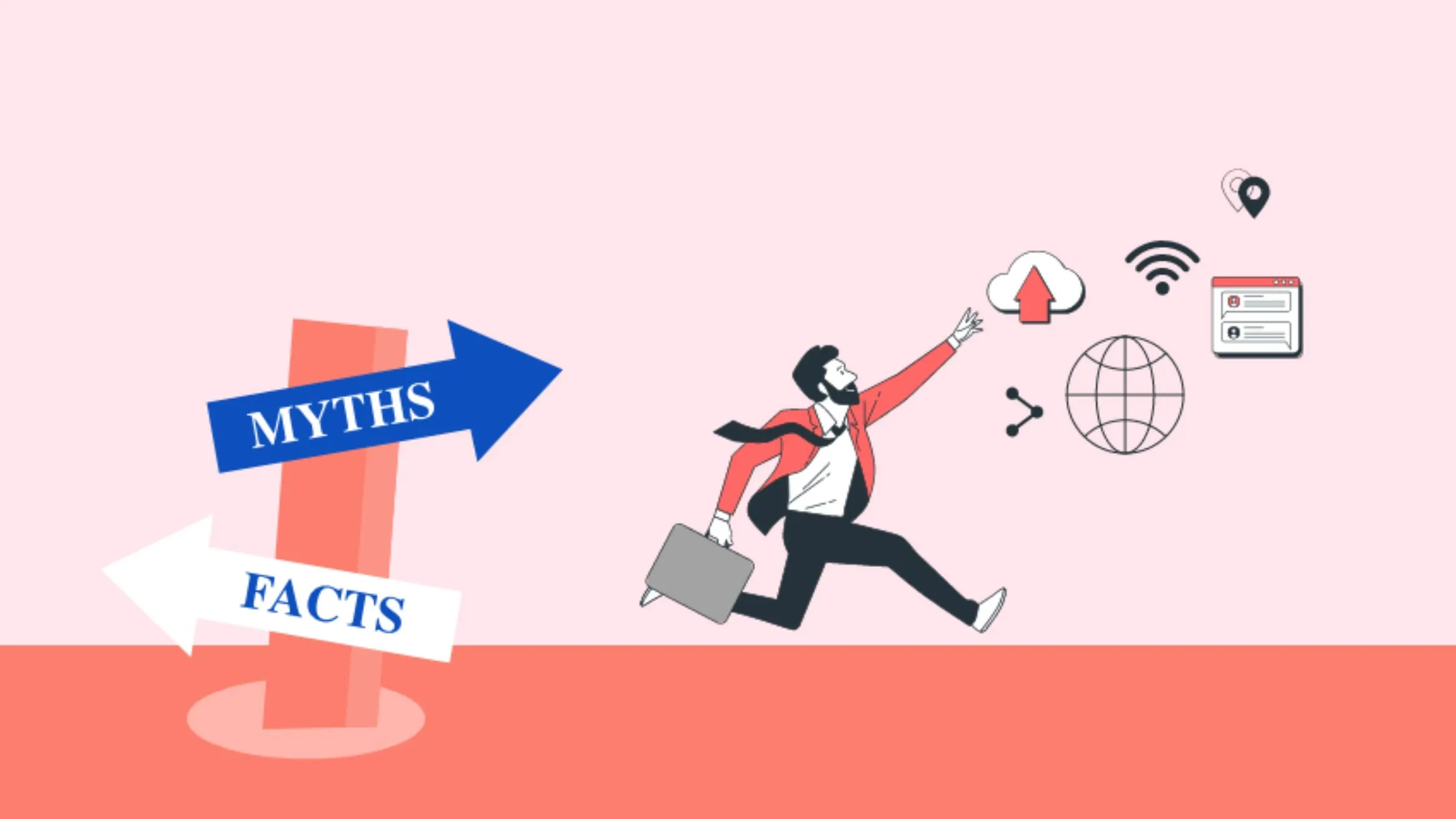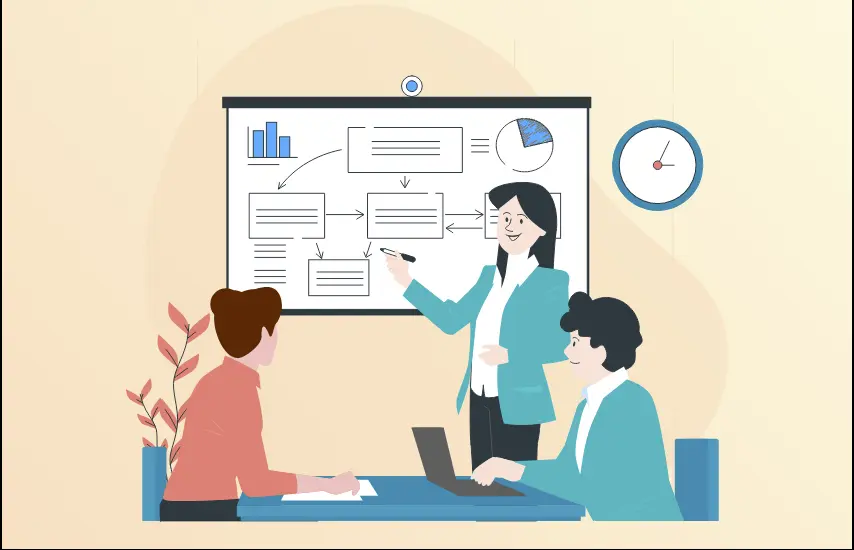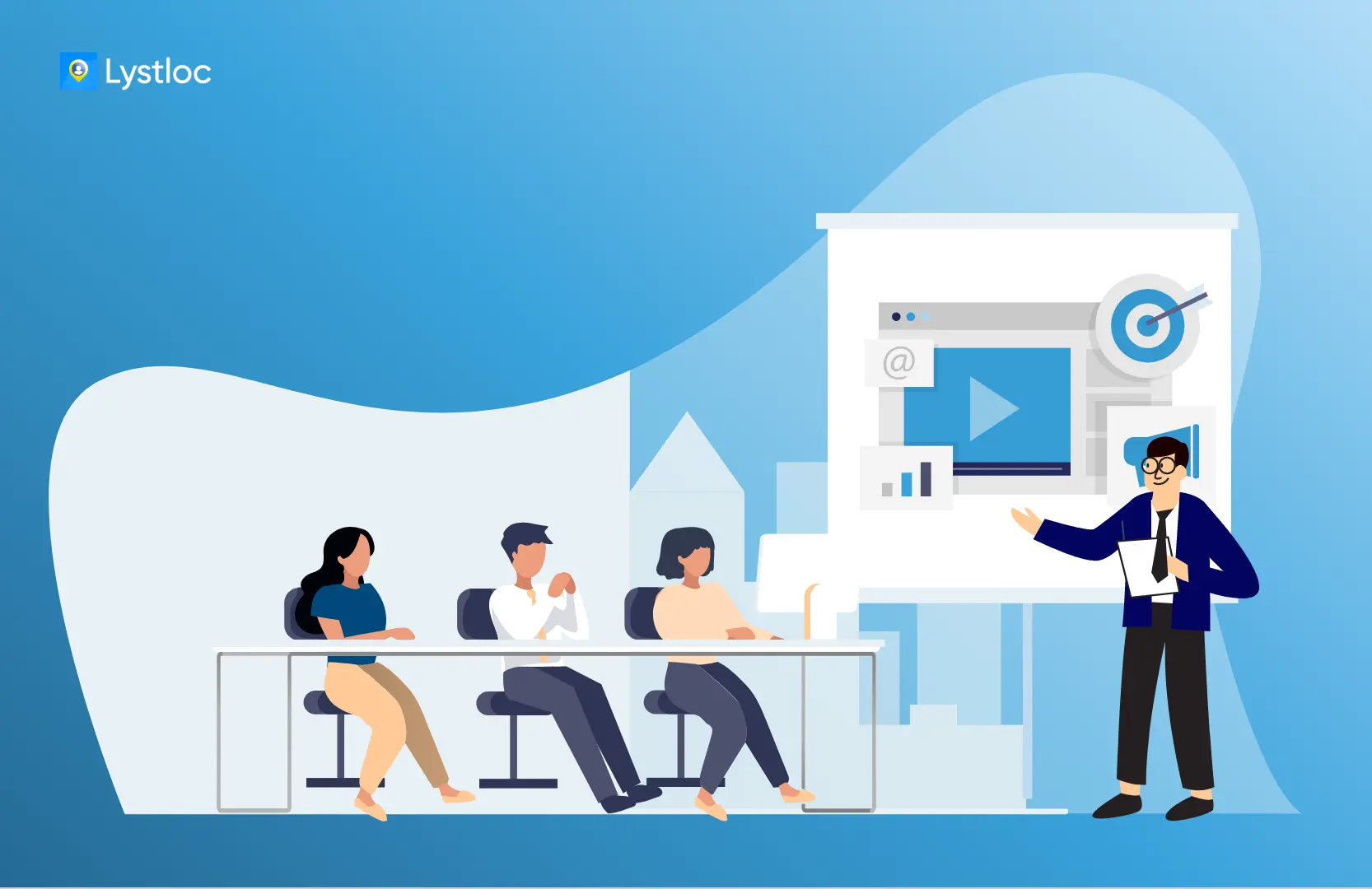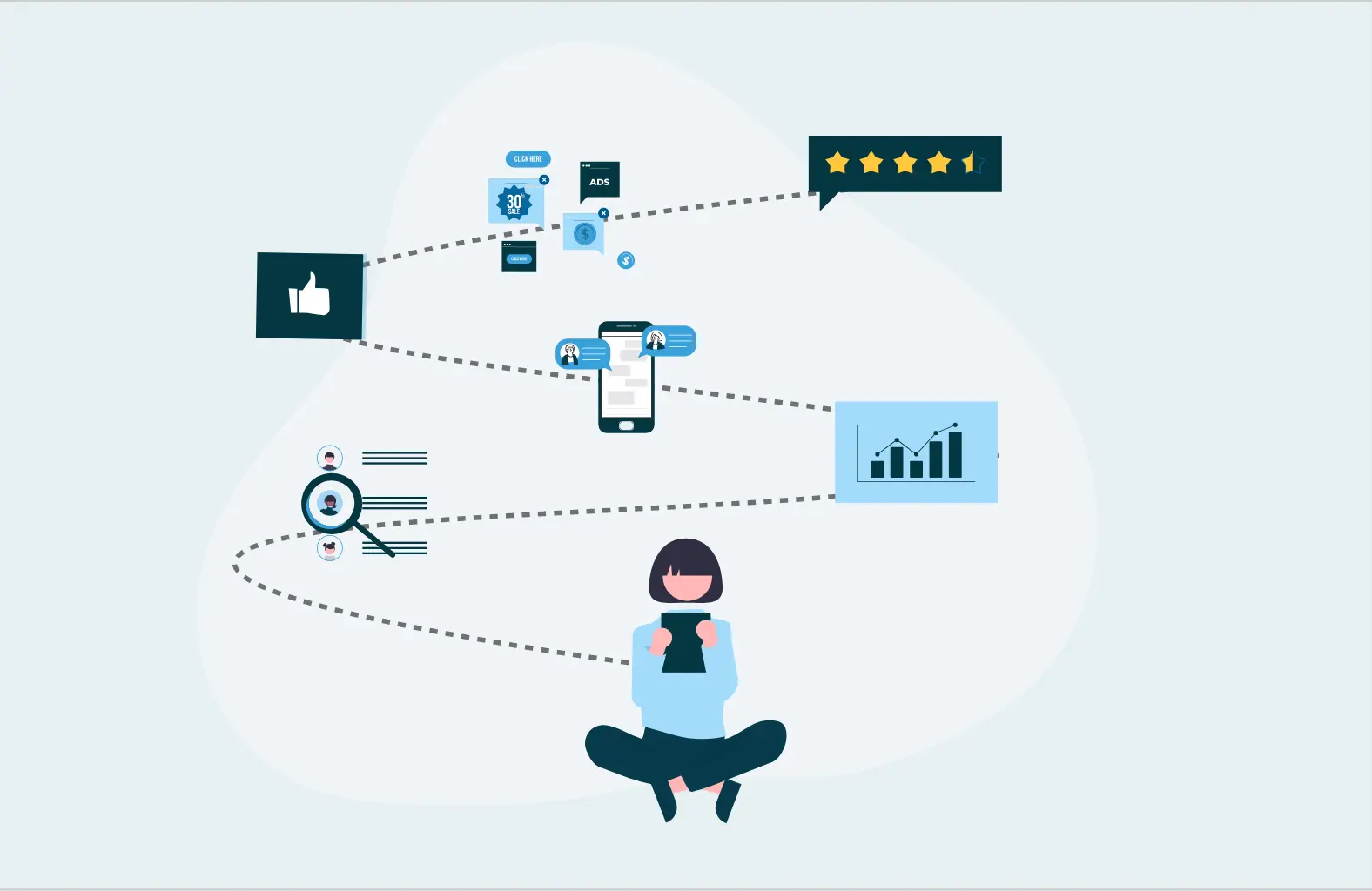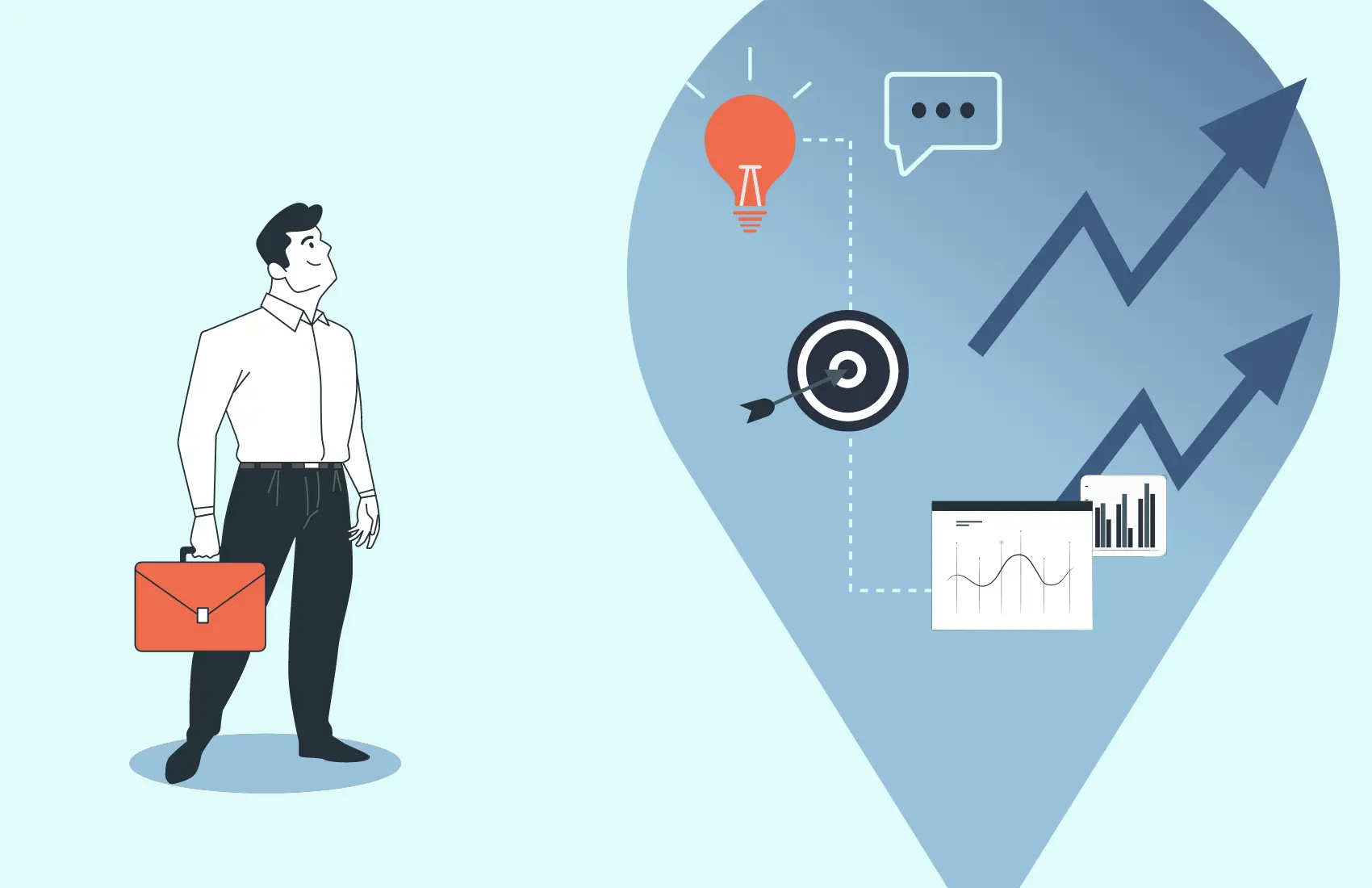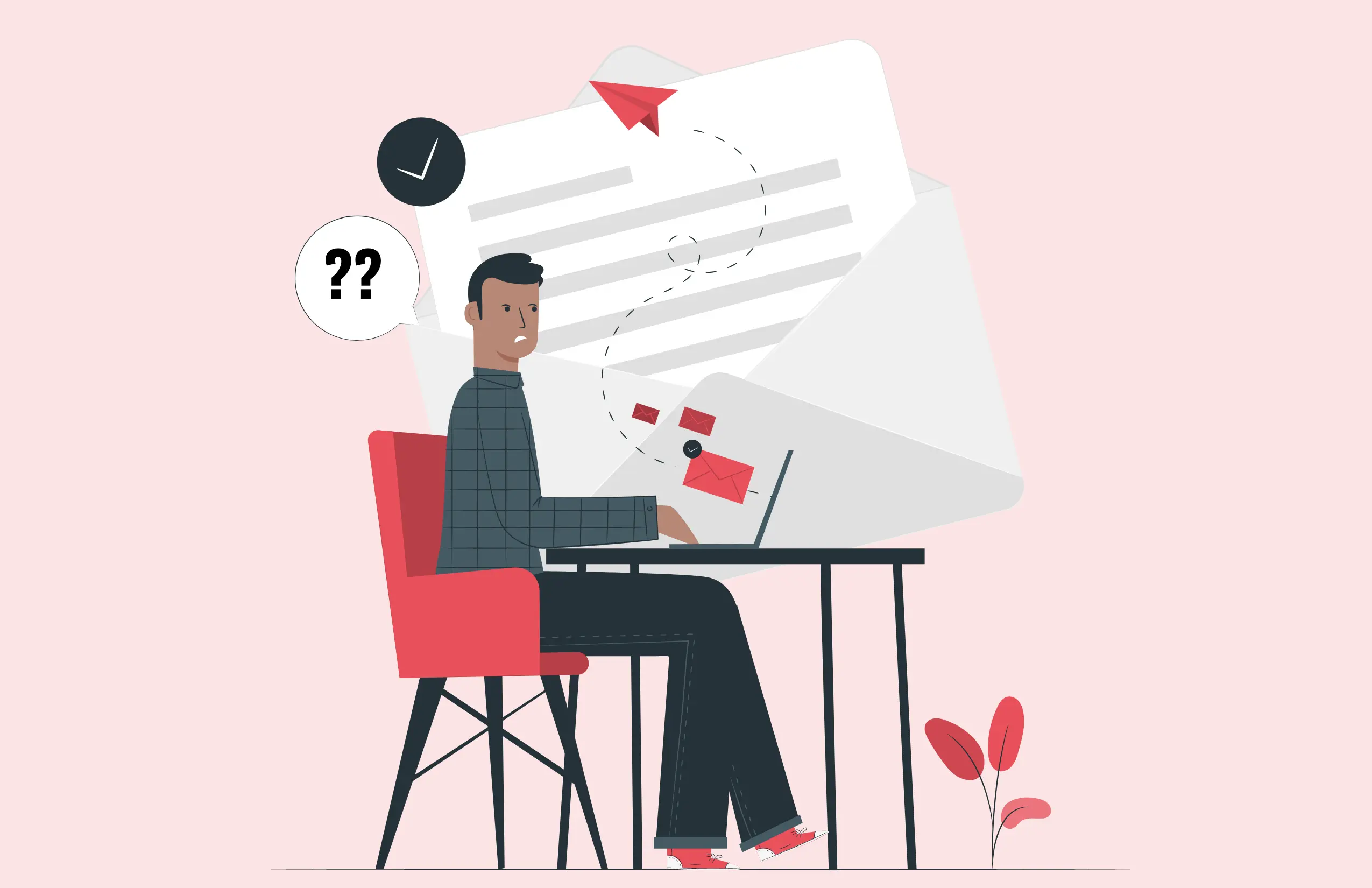
How To Write Sales Follow-Up Emails After No Response With Sample Email Templates
Table of Contents
Sending an email follow-up after receiving no answer from the prospect might be difficult. Cold email outreach has become one of the most excellent and successful strategies sales representatives utilize to generate B2B leads and meet sales goals. Nevertheless, the process of doing so is not very easy. On the other hand, a seasoned sales representative is not discouraged by these figures. Instead, they concentrate on a well-thought-out follow-up approach.
One of the many crucial aspects of cold email outreach is that it requires a solid follow-up approach. Whenever it pertains to “Follow-up,” we frequently make mistakes. We don’t want to appear frantic and demanding while still hoping for a response. Follow-up emails are delivered to clients in order to ensure they can recall and reflect on the previous email you sent them. Whether the reaction is good or negative, it is crucial to receive one. Follow-up emails are essentially yet another opportunity that you have to pitch to your prospect.
What Is A Sales Follow-Up Email?
If their first sales proposal email does not receive a reply or the prior reply is “no,” salespeople are going to send a follow-up email to their clients. An efficient technique to connect or get back to your clients in an interaction that might ultimately result in a closed sale is by writing sales email follow-ups. While salespeople may put a lot of effort into crafting the ideal sales pitch, many are unaware of how effective a follow-up plan can be in assisting them in achieving their sales objectives.
A good sales follow-up email template after no response can keep salespeople engaged with their clients’ thoughts and provide them the chance to answer any queries clients might have about their products or services. When drafting sales follow-up emails, there are a few stuff that might call for greater focus.
10 Tips On Writing A Follow-Up Email After No Response In Sales
Go With A Fresh Idea
A lot of salesmen replicate their initial email content structure in their follow-up emails, hoping for the greatest results. This is ineffective since it is obvious that the tactic fails to succeed in the initial round. Try a different approach altogether. Send a new body message, different offers, an alternative call to action, or a distinct line. To assist in rephrasing your message while maintaining its original intent, tools like RewriterPro can be invaluable. They help adjust the tone, enhance clarity, and personalize your emails, making your follow-ups more engaging and increasing the likelihood of a positive response.
Alternatively, you can use a sentence rephraser to refresh your message while keeping the original intent intact, making your follow-up sound new and engaging. You must make a change if you don’t want to keep making the exact same errors.
Create An Appealing Email Subject Line
You have to convince your prospect to click on your email with an appealing subject line prior to them even starting to read your well-written message. When your follow-up message is received in the prospect’s mailbox, that will be the initial thing they will see. In an ocean of thousands of other emails, the most effective subject lines draw interest and shine out. As an alternative, you might reply to the most current email in the discussion if the follow-up is related to the first message you sent.
Make It Precise And Short
Remember that the goal of an email follow-up is to remind, not to repeat the topic line from the initial email. You know what the prospect is going to do when they read your future emails and find a block of content. The correct reaction is to disregard the email. Consider the most important details you want to provide in this follow-up message. Create a structure for them and rewrite them into short, clear phrases much like how a plagiarism checker condenses complex feedback into actionable points
Be Genuine
Indeed, email follow-ups have a tendency to be predictable and typical. However, it does not indicate that you can’t communicate honestly. Avoid bland, meaningless messaging. Actually, think about the particular thing you want to bring up to help them remember. Maintain a tone of conversation as long as you can, if the situation allows. This is simpler to comprehend and write, and the recipient won’t feel compelled to respond in a formal manner.
Be Creative And Funny
Use dedicated language, innovative subject lines, and a positive user interface without hesitation. You can spice it up by including videos, animated images, and other interactive media. Enhance the cold email titles when writing them since it will increase the likelihood that the clients are going to read your message. Email layout is essential because some users are drawn to its aesthetic appeal. Try to identify a method to develop a rapport by being humorous and influencing how clients perceive your business.
Try To Send Some Personalized Emails
Customers are now capable of spotting an everyday email that has been duplicated and pasted, particularly in light of a large number of businesses mailing out identical emails to attract new clients. For a genuinely focused email campaign, go the additional mile to give the sales follow-ups a personal touch or dimension. Use their first name, of course, and be careful that you write it correctly.
Share Some Success Stories
Similar to the case studies, when you include customer success stories in your follow-up messages, you provide your customers with an insightful look at what’s feasible. They will be more able to see what is achievable for them if you provide examples of the way others have benefited from your product or service to attain their goals. Prospects are considerably more inclined to act if they can picture themselves accomplishing what they want.
Include A Proper CTA
Remember that clients ought to constantly be directed in a certain path by your follow-up emails. Add a straightforward call-to-action (CTA) that serves as the next action to take to avoid ambiguity or omission on the part of the client. Do you need them to offer you additional information, set up a meeting, or refer you to another person who might be more appropriate for interacting with you? If you are clear as to what you require or desire from a potential customer, it will be simpler for them to respond to your approach.
Consider The Right Time To Send
It’s better to write an email during a prime time when following up more than once. Begin by taking into account the particular day of each week and how it may impact their schedule. For example, Mondays are typically when individuals catch up on their work and resolve issues. It would make better sense to send follow-ups on Tuesdays or Wednesdays because of this. You should also think about the time zones of your potential customer. It’s preferable to show up in one’s mailbox after they’ve arrived at work rather than at the start or finish of the day.
Maintain An Elevated Tone With Each Follow-Up
Never give up on getting your client’s interest if the email you send following their “no” reply is similarly treated with silence. Rather, use it as a chance to establish a connection with the potential customer. You ought to invest in the exact same level of dedication with your third, fourth, and fifth follow-up emails the way you did with the initial email.
Whenever you write your polite follow-up email template after no response, keep adding significance, personality, and an easy call to action. When writing a follow-up email despite receiving no reply, perseverance may frequently make an impact on whether the potential customers are really occupied or are simply difficult to approach.
Keep Your Follow-Up Emails Authentic and Error-Free
When crafting follow-up emails, it’s essential to ensure they sound genuine and are free from grammatical errors. Over-relying on AI-generated content can sometimes make messages feel impersonal or introduce unintended mistakes.
To maintain authenticity and clarity, consider reviewing your emails for originality and grammatical accuracy.Utilizing tools like an AI Checker Essay can help identify sections that might seem overly generic or AI-generated, as well as detect grammar and syntax issues. These tools analyze your text to ensure it reflects your unique voice and is grammatically sound, enhancing the effectiveness of your communication.
5 Sample Sales Follow-Up Email Templates After No Response From Prospects
Template 1
Hello (Receiver_name),
You still haven’t benefited from [the offer you made], as I can see. I don’t want you to lose out on [your offer’s advantages].
I’m returning to present you with [a different deal] because of this. This deal won’t be available for long, so reply immediately to secure it!
Looking forward to your response,
(Your_name)
Template 2
Hi (Receiver_name),
Since I haven’t heard back from you regarding my prior email, I’m writing to follow up. Please let me know how your schedule looks and whether a conversation makes sense.
If not, can you kindly inform me of the best person I should speak with?
Thank You,
(Your_name)
Template 3
Hello (Receiver_name),
I hope that everything’s going well. Have you had a chance to check out the articles, resources, and links I included in my last email? Since it was a lengthy list, I’ve selected the most pertinent items for you:
[Link 1]: (Explain why the receiver will find this material useful.)
[Link 2]: (Explain why the receiver should value this resource.)
We can talk about how we can assist [company name] in getting outcomes if that would be of interest. This Thursday, for a quick ten-minute call, are you available?
Thanks,
(Your_name)
Template 4
Hello (Receiver_name),
Just moving this to the top of your inbox. Have you had an opportunity to discuss going ahead with [product or service] with [higher-up]?
If not, I’d want to arrange a phone conversation so we can start working on [getting X objectives] as a team. Are you and your boss available for a quick phone conversation tomorrow morning?
Thanks,
(Your_name)
Template 5
Hi (Receiver_name),
I sent you an email a while ago about how {company name} can help you achieve {results}.
Still on the fence? Here’s a snapshot of how we helped {competitor company} achieve {results}.
I took a look at your {present metrics} of {company name}, and I believe we can achieve {similar results} within {time frame}.
Would you be interested in knowing more?
(Your_name)
Wrapping Up
Following up after emailing prospective clients and not getting a response is usually a smart idea. If there is no response, the individual may not be interested, or they may just be too busy or overloaded with emails and had no time to read yours. You may reassure them that you truly intend to explore the subject of your initial email by following up.
They will have an opportunity to let you know whether or not they are interested as well. Additionally, it can trigger an image and prompt the prospect to reply to the email you sent. You never understand, they could have overlooked your email since they were away from business or preoccupied with other tasks.

